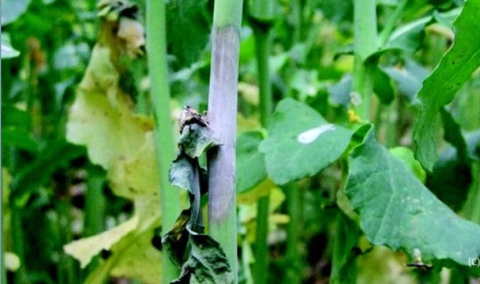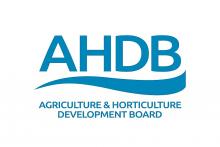Tue, 14 November 2023
12:30 PM - 2:30 PM
Join Amy Catling and Joe Martlew from AHDB Cereals & Oilseeds to hear the latest results from the Strategic Cereal Farm network on how to put IPM to work on farm.
What the presentations will cover
- Strategic Cereal Farm East (Morley): David Jones (The Morley Agricultural Foundation) presents his priorities for the new Strategic Cereal Farm East, which started in autumn 2023
- Strategic Cereal Farm South: Ben Burrows (Strategic Cereal Farm South/Crop Management Partners) presents the approach to IPM and risk at Strategic Cereal Farm South
- Strategic Cereal Farm East: Will Smith (NIAB) and Brian Barker (host farmer) present the final results of the fungicide input project, which investigated the factors that impact reduced fungicide programmes
- Strategic Cereal Farm North: Charlotte White (ADAS) introduces the crop nutrition and disease project, which investigates the influence of nutrition on crop disease
The presentations will be followed by a Q&A with participants.
BASIS and NRoSO points are available for this webinar.



